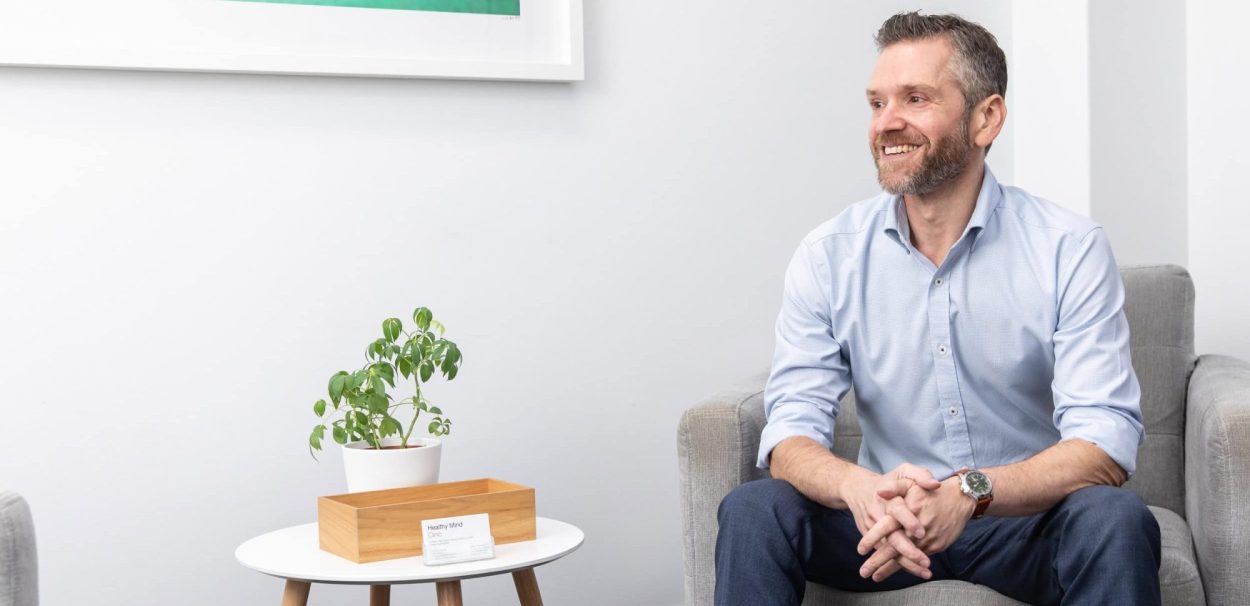
05 Feb Burnout prevention tip 2 – Sleep
So we know that sleep is important. But, a decent night’s sleep can feel hard to get. The right amount of sleep is associated with better emotional and physical health, as well as energy and concentration during the day. Recent research also suggests that improving disturbed sleep can help people ease anxiety, depressed mood and other mental health difficulties. So if you’re experiencing those feelings or battling burnout, then improving sleep may help improve how you feel. I’ll write more about sleep in another post. But here are 8 tips to help you improve your sleep:
- Get time outside – daylight is important in setting your body’s sleep-wake rhythm. Try to get some time outside during daylight hours each day. Aim for 20 to 30 minutes.
- Set a regular wake-up time – Aim to get up around the same time each day. Make it the same time if you can. But, it’s ok if it’s mostly within the same half-hour block. This is because the time you wake up also influences your body’s biological rhythm. The more consistent this is, the better for sleep.
- Exercise daily – 20-30 minutes of any exercise is good. This can be walking, stretching, yoga, or any other kind of exercise you like. But try not to do this within 2 hours of going to bed.
- Keep the bedroom for sleep and love – I tell my clients that the bedroom is for two things and one of them is sleep… So minimise the use of devices and screens in the bedroom. Devices give off blue light, which slows the release of a brain chemical (melatonin) that is important for sleep. If you use your phone as your alarm, set the alarm 1 to 2 hours before you go to bed. Lower the brightness before bed and see if there’s a night-mode feature to switch on.
- Avoid coffee, cigarettes and energy drinks later in the day – try for none of these after around 4pm. They contain stimulants like caffeine and nicotine that increase physiological activity and interfere with sleep.
- Make the bedroom comfortable – as best you can, keep it quiet. And keep it as dark as possible – blinds down, curtains drawn. Sometimes wearing an eye mask can help. We need to be at a comfortable temperature for sleep so add a layer if you’re cold or try lighter covers if it’s hot.
- Get up if you can’t sleep and no clock-watching – it’s important to limit time in bed to actual sleep as much as possible. Don’t check the clock as that can increase stress and interfere with sleep. If it feels like you’ve been unable to sleep for about half an hour, then get up. Go to another room and do something calming and relaxing like reading by dim light, listen to calming music. Try to avoid or minimise screen use. Only return to bed when you feel tired.
- Delay worry to the next day – worrying can increase anxiety, which can disrupt sleep. Instead, choose to delay worry about problems to the next day at a set time. And really – is worrying about the problem at 2am actually helpful to solving it? Most of the time, probably not. Instead, try a brief mindfulness exercise to help shift your mind away from worrying thoughts. You can also try this other tip for burnout prevention.
If you would like assistance with managing how you feel, please contact us on (02) 9119 8778 or email us on reception@healthymindclinic.com.au. We are able provide appointments in person, by phone and video. Rebates from Medicare and your private health fund may be available for appointments.
If you are in a mental health emergency, please contact Lifeline 13 11 14, the Mental Health Line 1800 011 511, Emergency 000 or go to your nearest hospital emergency department.

